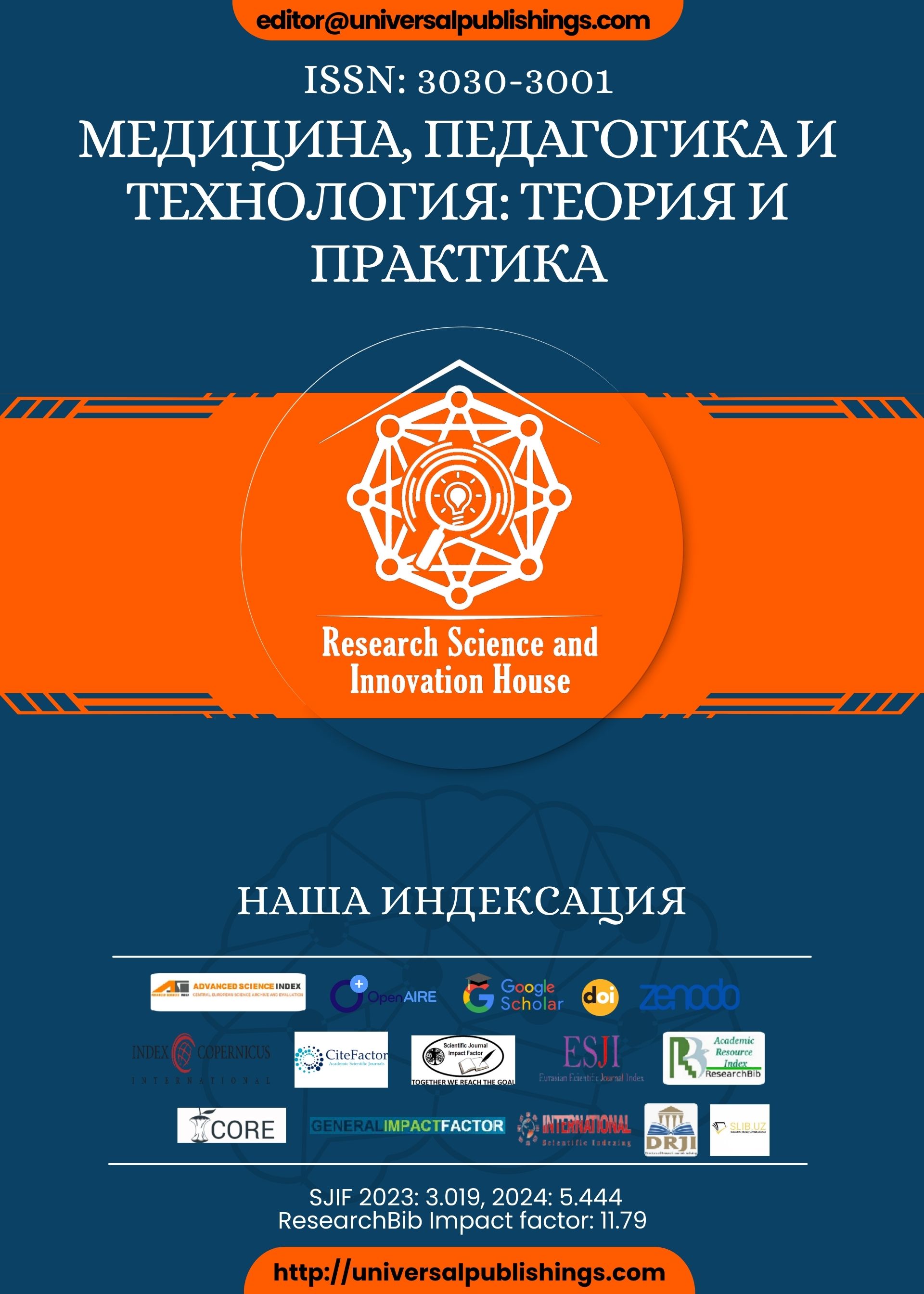Abstract
This article is to highlight the role of poetry in language acquisition (LA), emphasizing its unique contributions to linguistic, cognitive, and cultural development. While traditional language learning focuses on structured methodologies, poetry offers learners an immersive, creative approach to mastering a new language. It enhances linguistic skills through its complex syntax, rich vocabulary, and rhythmic pronunciation. Cognitively, poetry promotes critical thinking, improves memory retention, and fosters creative expression. Culturally, poetry serves as a bridge to understanding the target language’s deeper societal and emotional contexts. Despite some challenges, such as its abstract nature, poetry remains a valuable tool for language acquisition when integrated effectively into the classroom.

